If You Don’t Like What You’re Getting From Life, This Is Why
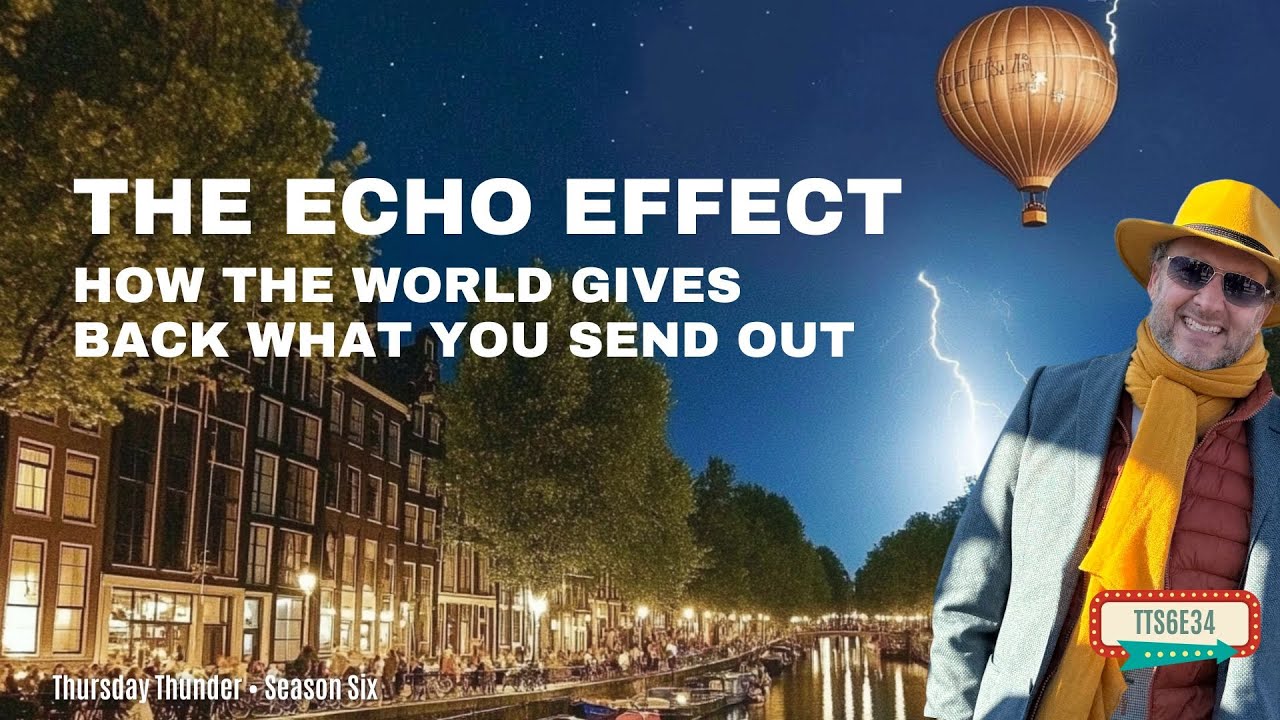
In a short, sharp FREDx talk I gave as part of Thursday Thunder, I told a story that changed the way I look at luck, personality, and the way people treat one another. I’m Bradley Charbonneau from Repossible, and what started as a scribble on a napkin in Almeria, Spain, became a simple rule I repeat to myself whenever life feels heavy: as you call into the forest, so it echoes back.
Table of Contents
- The scene: wine, laughter, and a curious waitress
- The proverb that changed everything
- How the echo shows up in life
- How to change the echo you hear
- Why some people seem to live in sunshine
- Practical steps to start today
- FAQ
- Conclusion: What will you call into the forest?
The scene: wine, laughter, and a curious waitress
Picture this: a long table in southern Spain—white wine, fresh fish arriving faster than we can eat it, and laughter so loud you slap your knee. Four German attorneys and a California guy who lives in the Netherlands (me) were in high spirits. The waitress who served our table was radiant—playful, teasing, alive. Yet when she stepped to the next table she became calm, polite, almost ordinary.
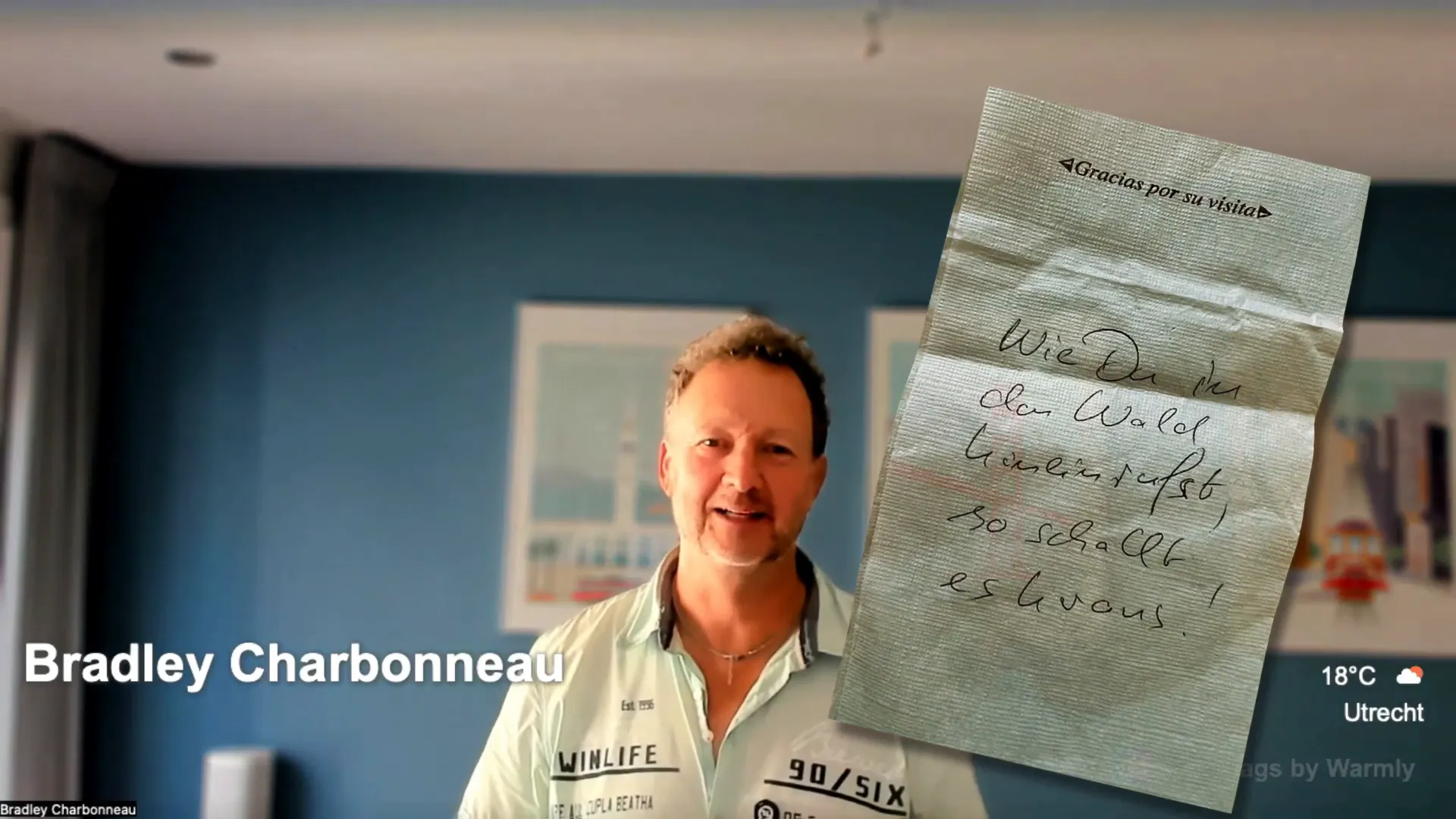
Curious, I asked a friend why she was so different with us. The answer came not as a lecture but as a tiny piece of art on a napkin written by a friend with a philosopher's streak. It was a proverb that cut through complexity and stuck with me.
The proverb that changed everything
Wie du in den Wald hinein rufst, so schallt es heraus.
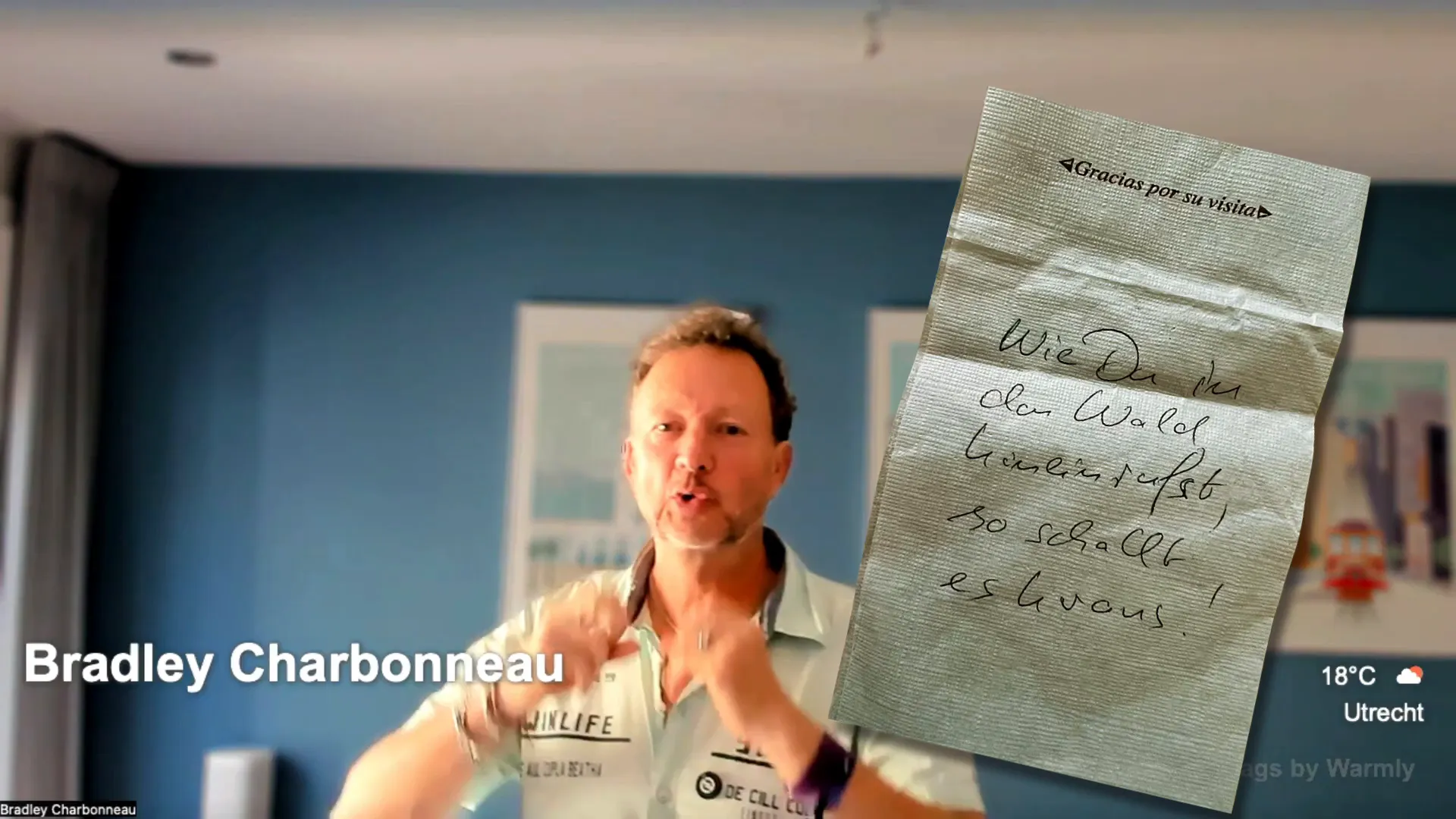
Translated: "As you call into the forest, so it echoes back." It's not about karma or fate. It's a neutral image of a forest and your voice. Whatever you send out—laughter, anger, silence—the forest will echo back. That morning in Spain, the waitress wasn't just being kind because she was kind; she was echoing what we called into the room. We gave joy. She returned joy. The other table gave silence, and silence came back.
How the echo shows up in life
The forest is everywhere: in families, teams, companies, neighborhoods, and on the largest stages—politics, social media, wars. The echo shows up as patterns:
- Personal relationships: Kids repeat what they see and hear from parents. If anger is the dominant call, anger returns.
- Workplaces: Teams reflect their leaders. Tense leaders create tense teams; playful leaders open space for creativity.
- Communities and culture: Norms and moods echo through neighborhoods and entire societies.
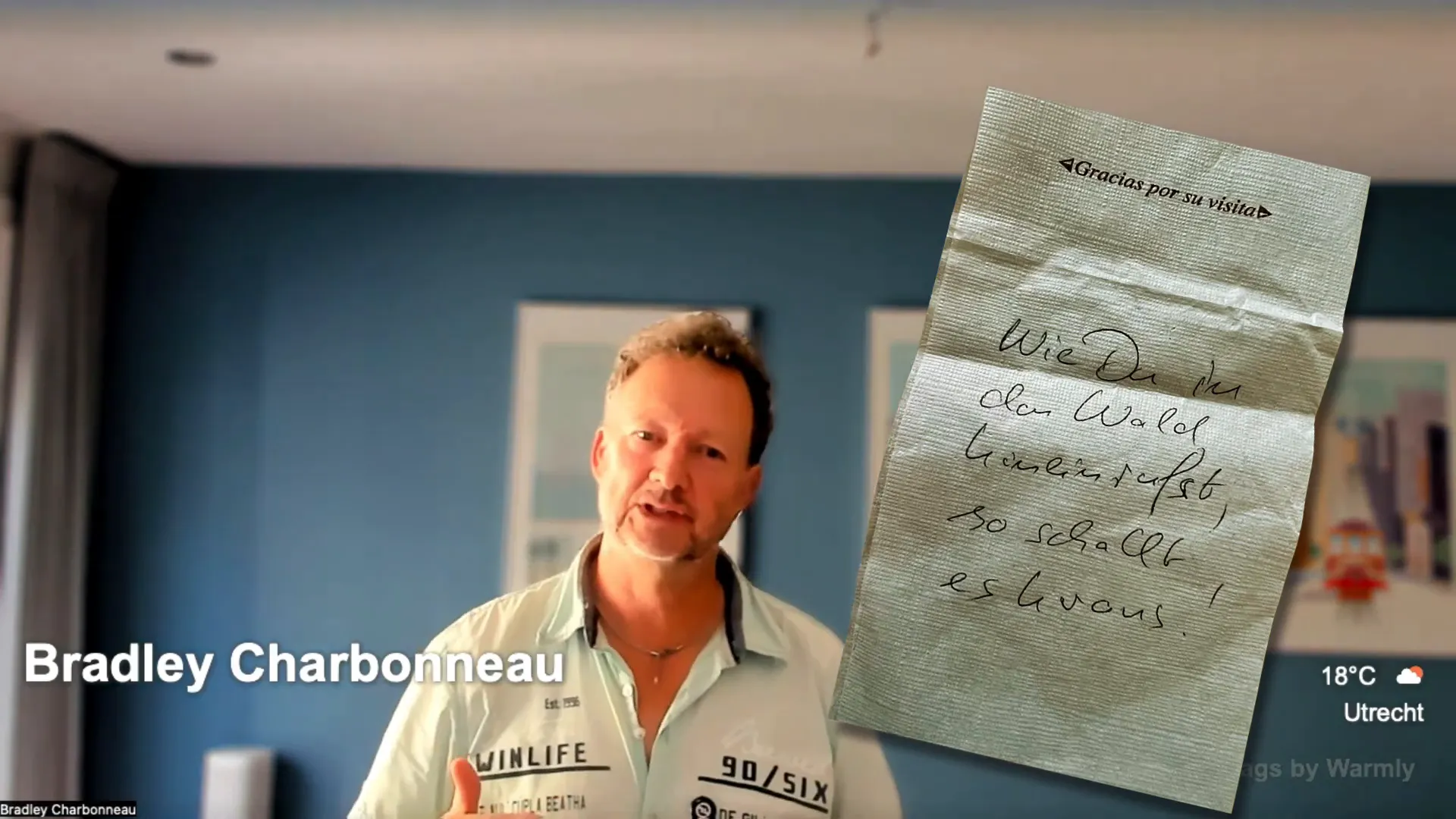
The crucial point: the forest is neutral. It does not judge. It simply repeats what it receives. That makes the phenomenon beautifully empowering—because you can change what you send.
How to change the echo you hear
If the sound coming back to you isn't what you want, you have one reliable lever: change your call. That’s the power and the practical takeaway.
- Smile first: Offer warmth before expecting it.
- Say thank you: Gratitude shifts tone and opens response.
- Offer kindness without an invoice: Give without the immediate expectation of return.
- Test it in small places: Try it with a barista, a colleague, your partner—small experiments show big effects.
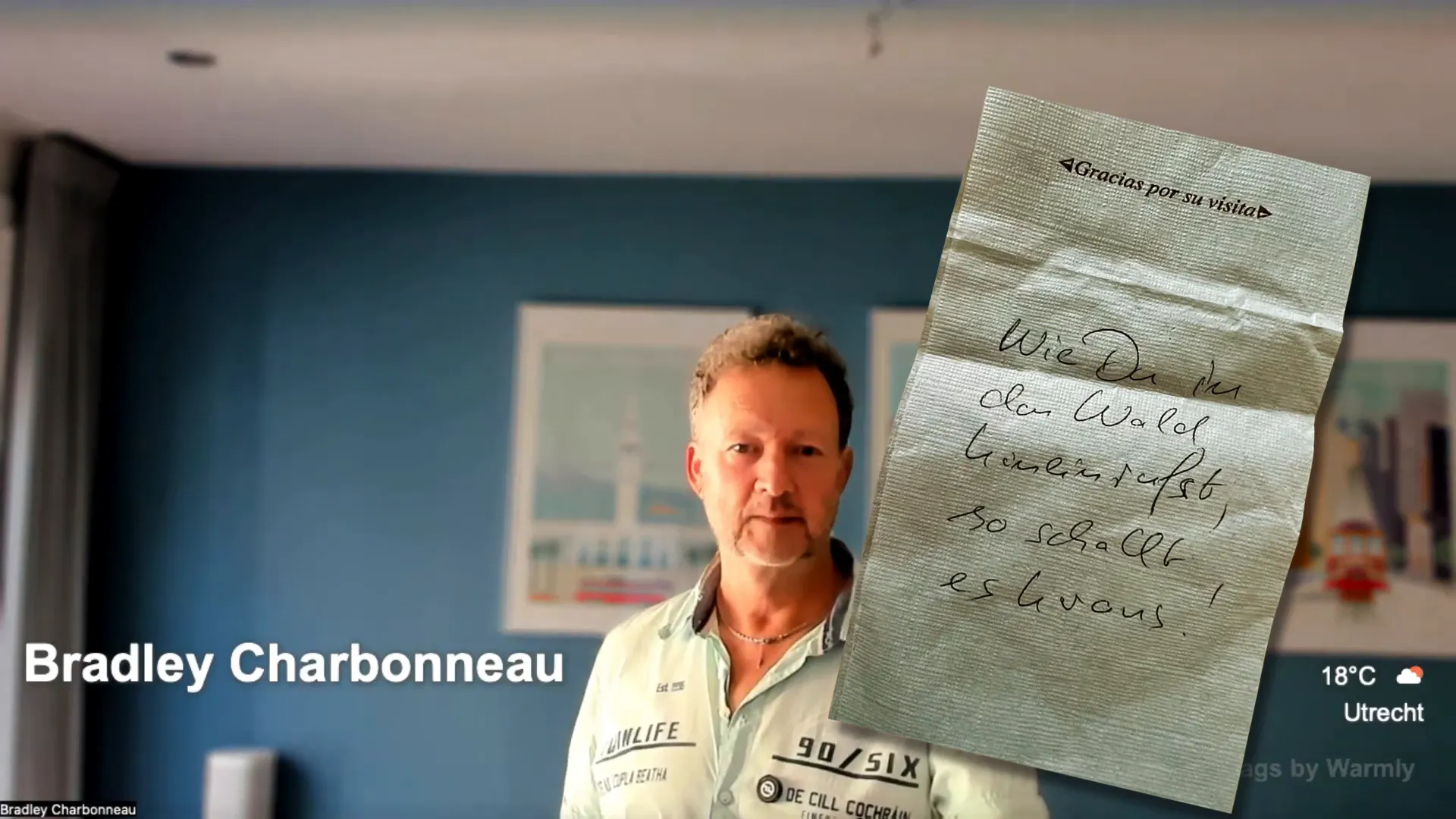
Changing your call doesn't mean being naive or inauthentic. It means choosing the first move—the opening note—that shapes what comes back. You can't always change the forest (people, systems, histories), but you can control how you enter it.
Why some people seem to live in sunshine
Those people who seem perpetually lucky and beloved? They aren’t magic. They’ve learned to call out differently. They habitually invite laughter, curiosity, generosity—and the world returns the favor. When you notice someone who draws kindness like a magnet, the simplest explanation is that their call shaped that echo.
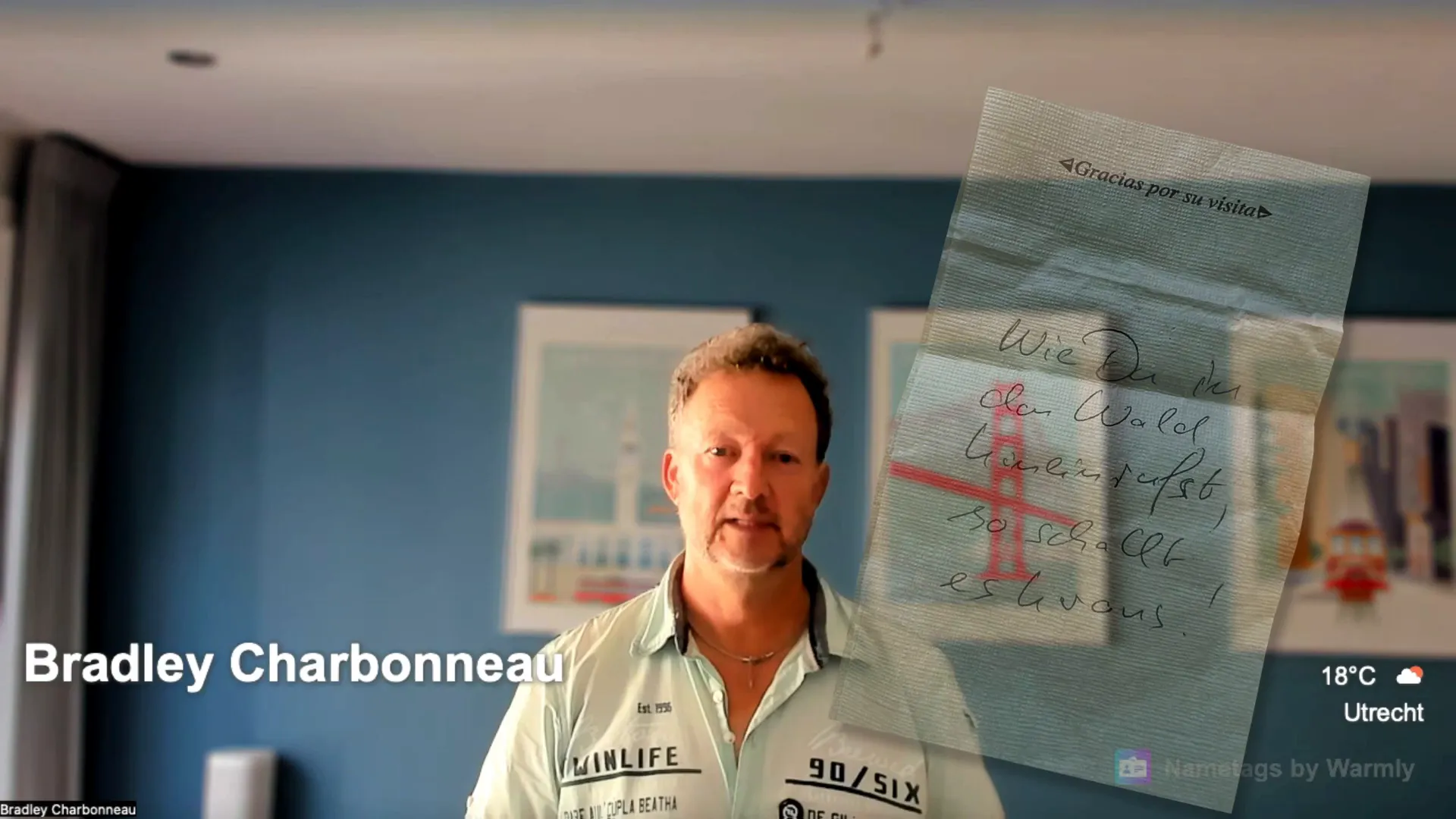
Practical steps to start today
- Pick one small interaction each day to change the call—smile, thank, genuinely ask a question.
- Notice the echo for one week: jot down what came back.
- Adjust and repeat: amplify what works, drop what doesn’t.
FAQ
Q: Is this just about positivity or toxic positivity?
A: It's not about pretending. It's about intentionally choosing the first action or tone you send into a situation. Authenticity matters—this is about constructive, honest calls, not forced cheerfulness that ignores reality.
Q: What if others continue to be hostile or negative?
A: Changing your call doesn't guarantee a warm reception every time. Some people, systems, or moments will mirror negativity. But consistently changing your call shifts more situations than you might expect and reduces the instances where negativity is reflexive.
Q: How long before I see a change?
A: Sometimes immediately. Other times it can take weeks. Small, consistent adjustments compound—like practicing a new language with the forest as your partner.
Q: Can this idea scale to large systems like politics or social media?
A: Yes. Movements start with calls—hashtags, public demonstrations, compassionate leadership. While complex dynamics are at play, the principle holds: what communities widely call for shapes what they get back.
Conclusion: What will you call into the forest?
We stand in our own forest every day. The good news is that the forest isn’t in charge of your voice. If you don’t like the echo you’re hearing—change your call. Smile first. Offer kindness. Say thank you. Test it in small places, and watch how echoes change the shape of your day, your relationships, and perhaps even your life.
I'm Bradley Charbonneau. I share short ideas each week to shift perspective and spark change. What are you going to call into your forest this week?